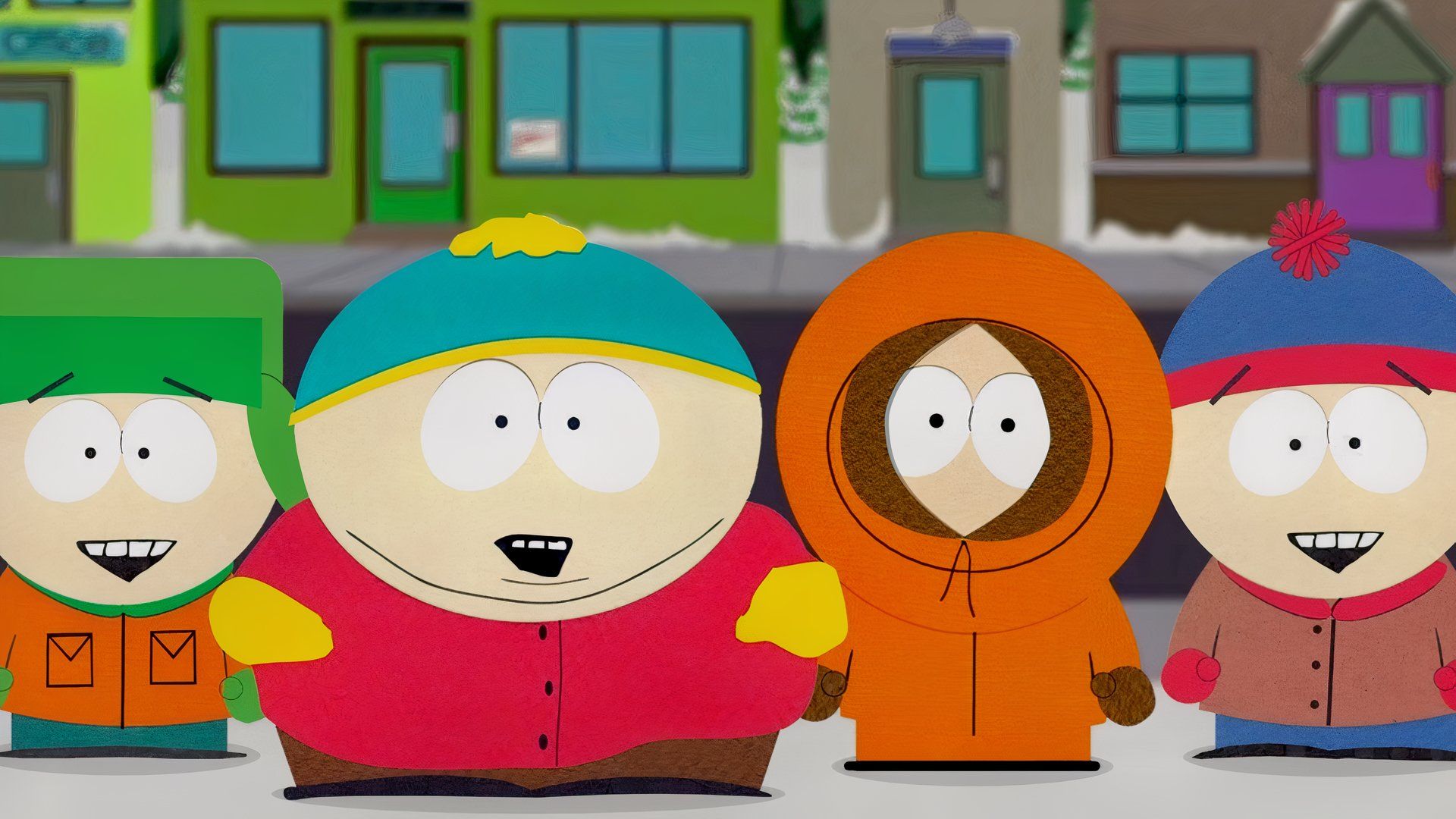
It’s enjoyable to revisit the first season of South Park, but it really highlights how much the show has evolved over the years. The numerous episodes that have been banned demonstrate that South Park has always been willing to tackle controversial topics.
The creators of South Park seem to think any attention is good attention, and it’s hard to disagree considering the show’s success comes from boldly tackling current events and societal issues. Season 28 of South Park is leaning even further into this unapologetic and playful approach, reminiscent of the show’s earlier seasons.
While the new episodes of season 28 aren’t quite like the very first ones, that’s understandable. It would be incredibly difficult for any modern South Park episode to recapture the feel of season 1. The show has evolved a lot since its beginnings, which becomes clear when you revisit those early episodes.
South Park’s Early Humor Is Way More Juvenile
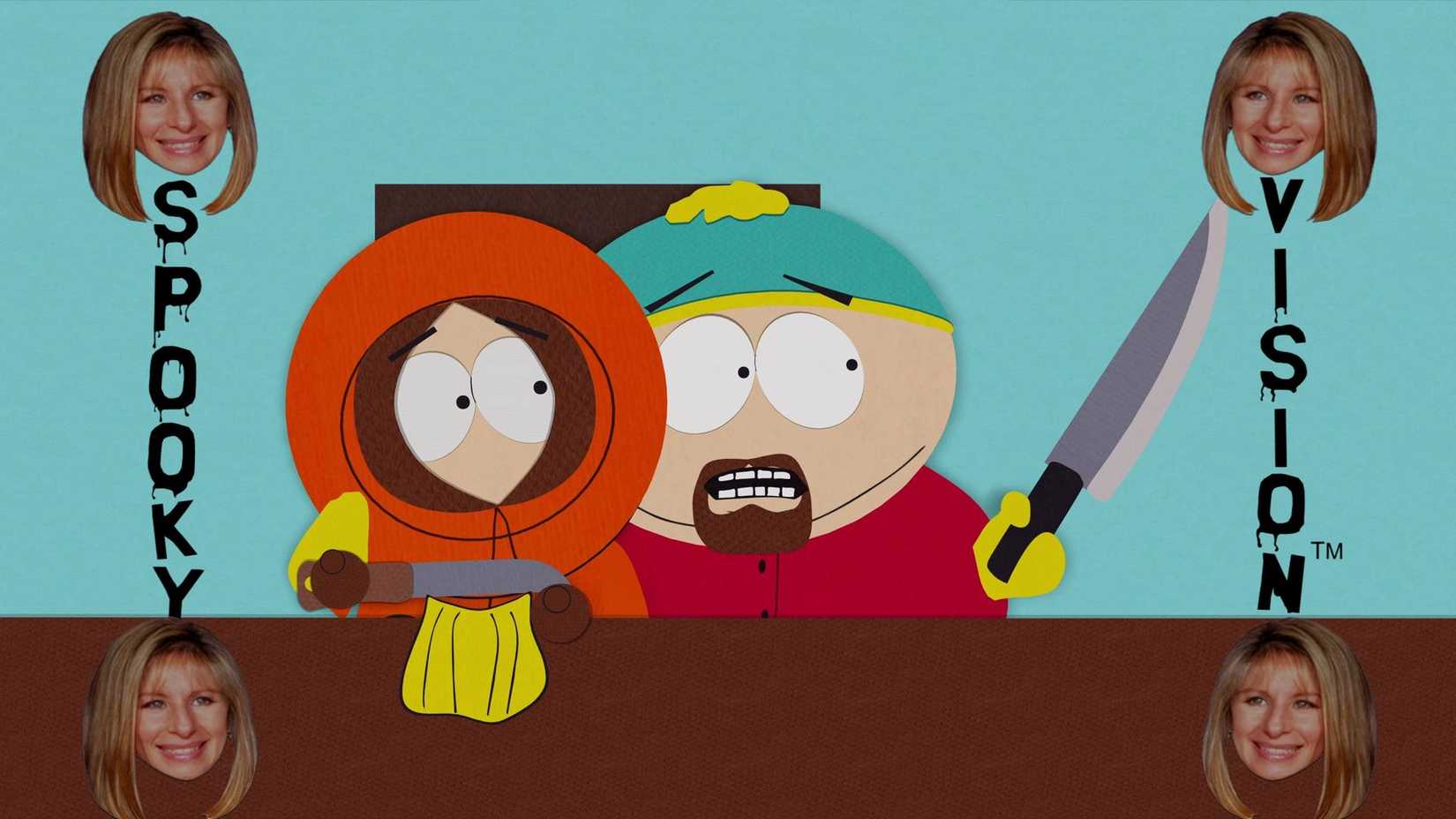
Considering the very first episode of South Park was called “Cartman Gets An Anal Probe,” it’s no surprise the show has always been known for being raunchy and dealing with bodily functions. But even so, it’s remarkable how much more over-the-top and childish the episodes in South Park’s first season really are.
While the swearing in the first season of South Park caused some controversy when it first aired, it seems pretty mild now compared to the show’s later, more shocking moments. The humor is definitely crude, but it relies more on gross-out gags and shocking viewers than on making genuinely provocative statements.
South Park Used To Be Way Gorier (& Sillier)
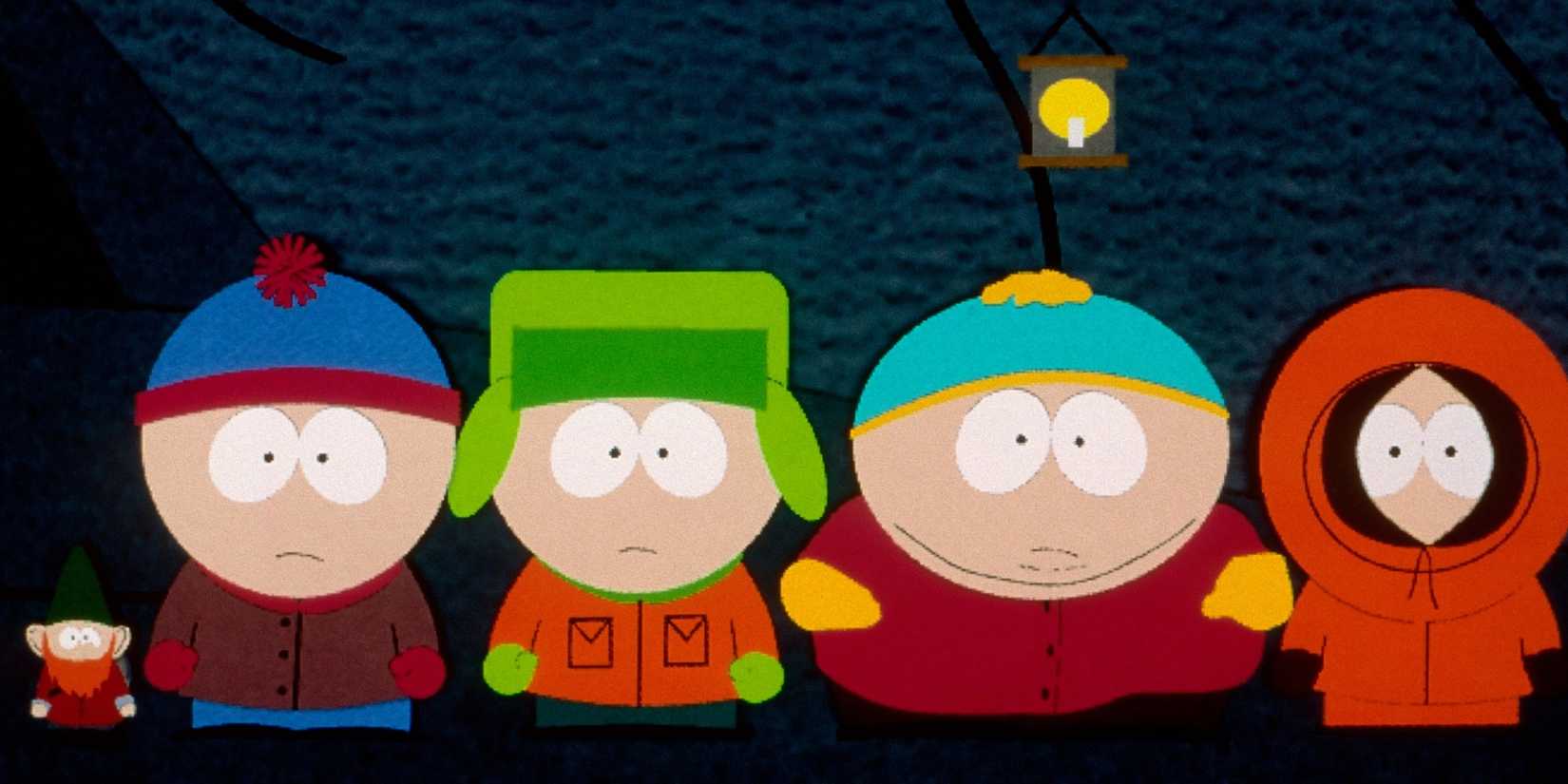 Image courtesy of Everett Collection
Image courtesy of Everett Collection
The first season of South Park shows clear influence from the creators’ early work with the independent studio Troma, known for films like The Toxic Avenger. Troma helped launch Matt Stone and Trey Parker’s careers by distributing their unusual comedy musical, Cannibal! The Musical.
The first season of South Park is noticeably more chaotic and violent than recent episodes. While current seasons usually connect violent scenes to the main story, early South Park often featured sudden, brutal moments that didn’t really affect the plot.
South Park Really Needs Its Focus On Current Events
 Image courtesy of Paramount
Image courtesy of Paramount
While the 28th season of South Park showed the show is willing to address current events, like artificial intelligence, it didn’t always do so. In its earlier seasons, South Park focused more on fantastical creatures like aliens, monsters, zombies, and robots, rather than real-world news.
The creators of South Park didn’t fully grasp the show’s potential for timely commentary until around season four. Unlike shows like The Simpsons and Family Guy, which take about eight months to make each episode, South Park can be written, produced, animated, and aired in just five days. This incredibly quick production schedule allows them to react to current events almost as they happen.
For over twenty years, South Park has been known for quickly reacting to and commenting on current events. So, it’s surprising to go back and watch the first season and realize the show wasn’t always that way. When it began, South Park didn’t focus on politics much at all.
South Park’s Serialized Storytelling Is A Mixed Blessing

Beyond shifting its focus to current events, South Park also changed how it told stories. Starting around season 14, episodes began to connect and build on each other throughout a season, rather than each episode being its own separate story.
Unlike The Simpsons and Family Guy, which generally reset with each episode, South Park now often features storylines that continue throughout an entire season. Some of these longer arcs, such as the introduction of PC Principal, have worked well, but others, like the show’s coverage of the 2016 election in season 20, haven’t been as successful.
Overall, the show’s move towards continuing storylines has been both good and bad. When done well, these longer plots are more captivating than typical single episodes. However, some weaker season-long arcs demonstrate that there’s still value in simple, self-contained episodes with no major consequences.
Cartman’s South Park Catchphrases Got Tired Fast
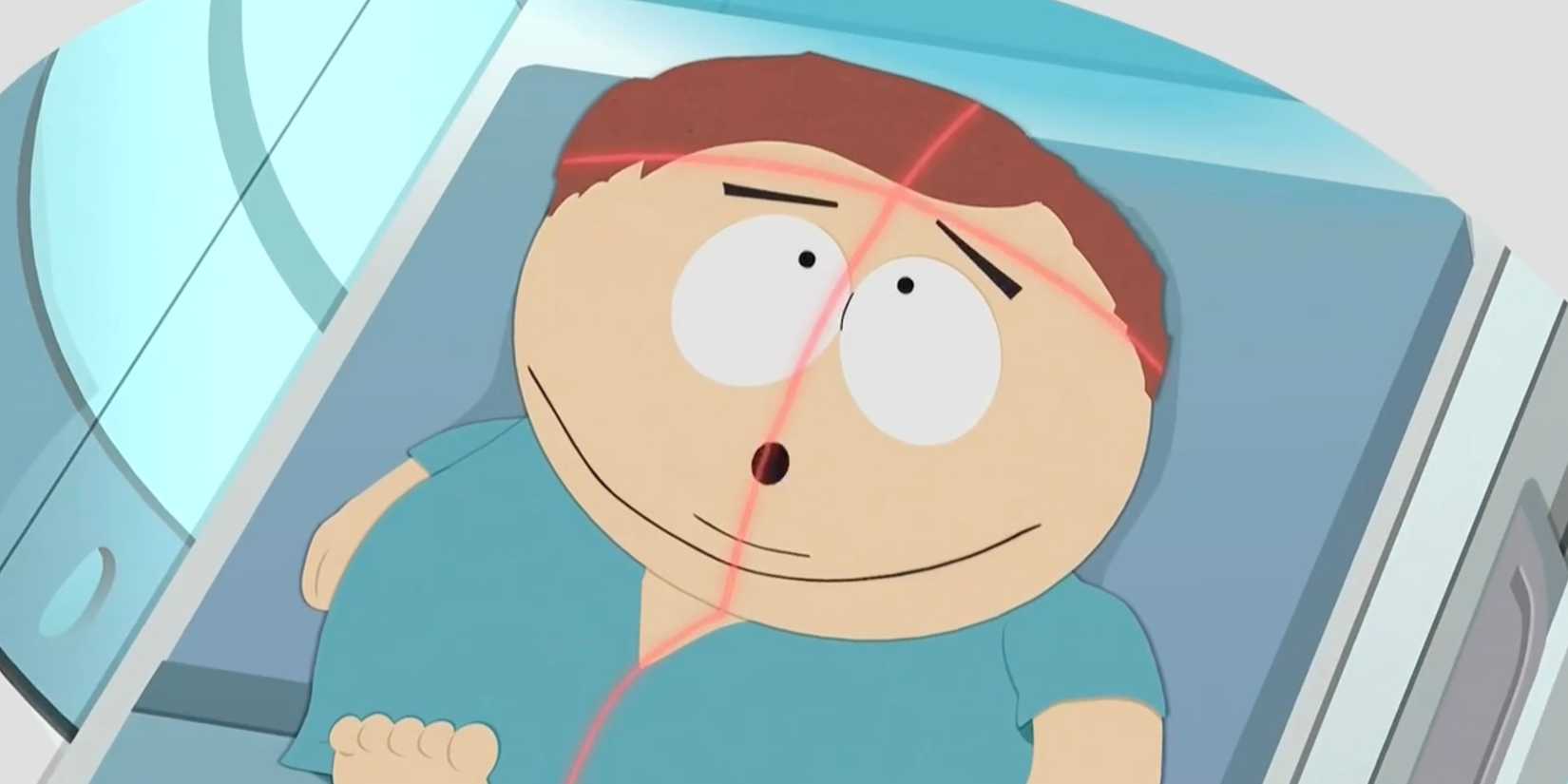 Image courtesy of Paramount
Image courtesy of Paramount
In a recent episode of South Park (season 28, episode 3, “Sora Not Sorry”), the show playfully poked fun at itself. Cartman got upset because a digital version of him used old, outdated catchphrases he’d stopped saying long ago. This frustration makes sense, as Cartman’s memorable lines rarely stayed popular for very long on the show.
The first season of South Park is full of lines that Cartman says over and over, like “Respect my authoritah!” and the famous “But moooom!” These lines are funny at first, but it’s clear why the creators eventually stopped using them so much.
The jokes quickly became tiresome. Like many catchphrases, they went from being amusing to boring, and then just irritating. Thankfully, the show moved past this early habit with Cartman’s character, and that was a good thing since it didn’t stick around for long.
South Park Lost Some of Its Charm As The Show Got Smarter
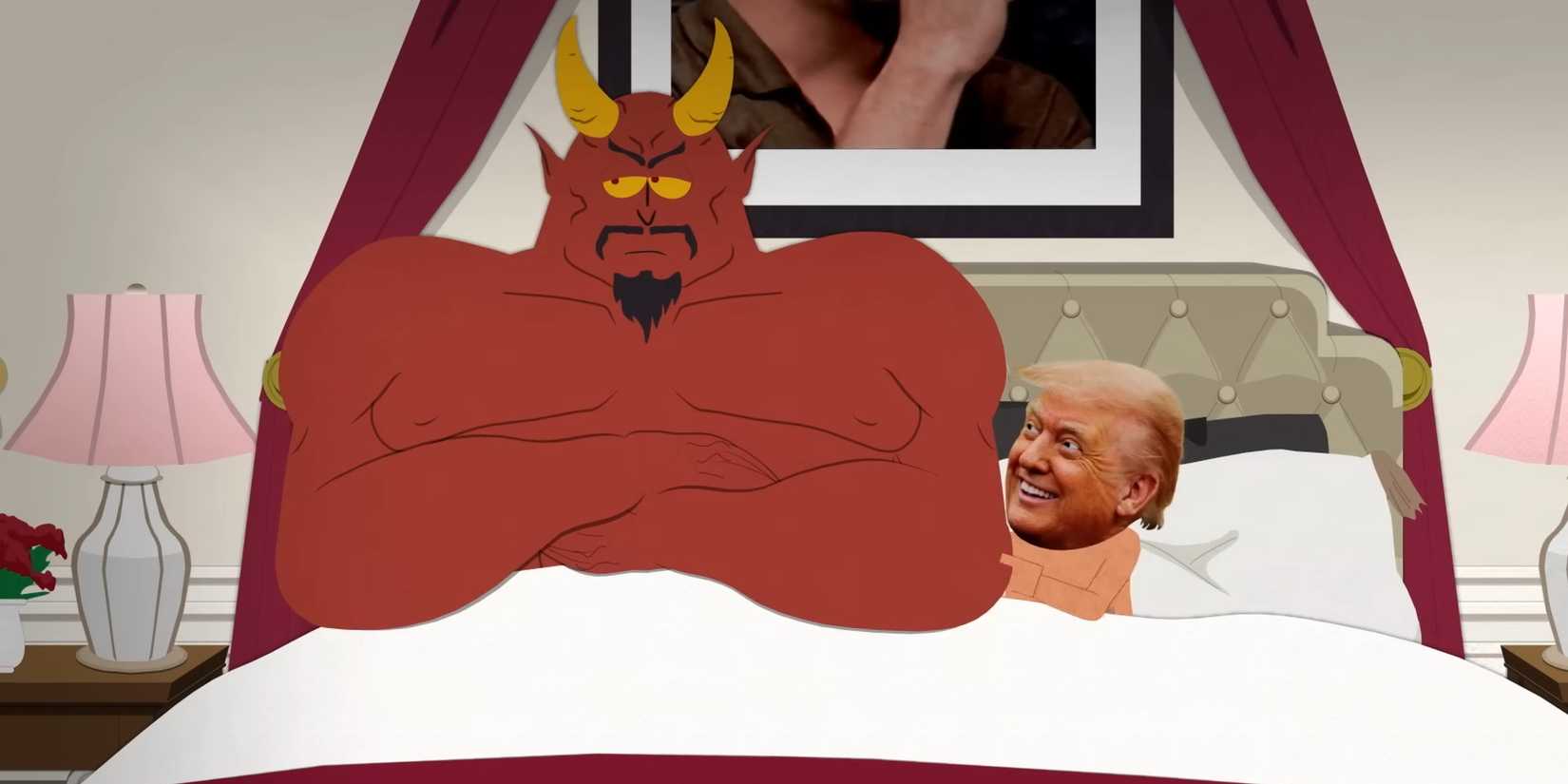
Despite its flaws, there’s a certain appeal to the basic, repetitive humor in the very first episodes of South Park. While some criticized the show for its over-the-top violence, simple storylines, and lack of serious themes, these qualities actually helped South Park become unique and memorable among all the other shows on television.
Many TV shows have attempted to follow in the footsteps of The Simpsons, but South Park is one of the few that managed to stay on the air for more than a couple of seasons. Its willingness to push boundaries and take risks likely saved it from the fate of other short-lived animated series, like Father of the Pride and Allen Gregory.
Many animated shows attempted to be more provocative or sophisticated than popular series like The Simpsons, Family Guy, and American Dad. But South Park distinguished itself by embracing silliness, outrageousness, and a deliberately unpretentious style – a refreshing contrast to its competitors who were often focused on appearing smart and bold. Ultimately, this unique approach might be what made South Park truly successful.
South Park’s Most Iconic Gag Was Retired Decades Ago
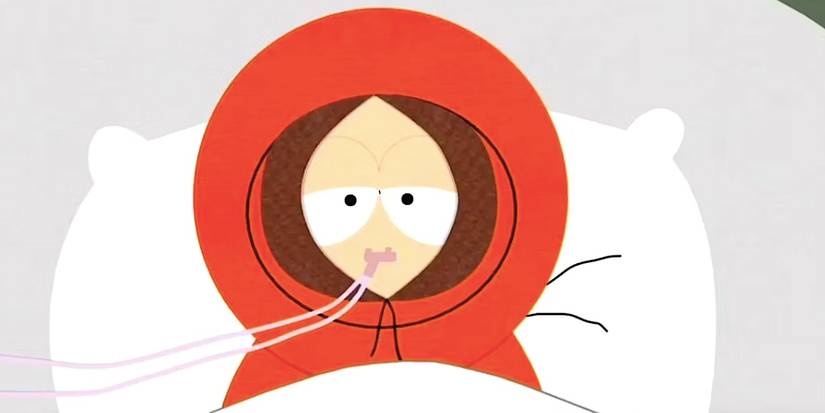
One of the most surprising things about rewatching early episodes of South Park is realizing how quickly they stopped using their signature joke. For the first few seasons, Kenny would die in almost every episode, often in a very graphic and random way that didn’t affect the main plot.
The running joke of Kenny repeatedly dying was dropped after season 4 because Parker and Stone felt it had become stale. Although South Park continued to conceal Kenny’s uncovered face for a while, that secret was also eventually revealed without much attention. Ultimately, the end of Kenny’s frequent deaths marked a significant shift in the show’s direction.
As a big South Park fan, I noticed a real shift after they stopped with the constant Kenny deaths. It wasn’t just that, though – the show started telling stories instead of just throwing out wacky, random stuff. The plots became much more focused, the characters felt more real and consistent, and they began tackling things happening in the news. Honestly, it felt like the show grew up a little – as much as South Park can grow up, that is.
Read More
- Everything We Know About Georgie & Mandy’s First Marriage Season 3
- Прогноз нефти
- Belissa Escobedo, on Happy’s Place
- Anthony Hopkins & Ryan Gosling Stole the Show in This Overlooked Mystery Gem
- The Hulk’s New MCU Update Looks Like Exactly What The Hero Needs
- Watch: Iron Man 3 Star Returns In New Video Ahead Of Their 2026 MCU Comeback
- 10 Dystopian Anime With Horrifying Worlds You Wouldn’t Want to Live In
- IT: Welcome To Derry Showrunner Teases Dick Hallorann’s Journey To The Shining
- Пермэнергосбыт акции прогноз. Цена акций PMSB
- 10 K-Drama Masterpieces That You Can Binge In 1 Day
2025-11-17 22:24